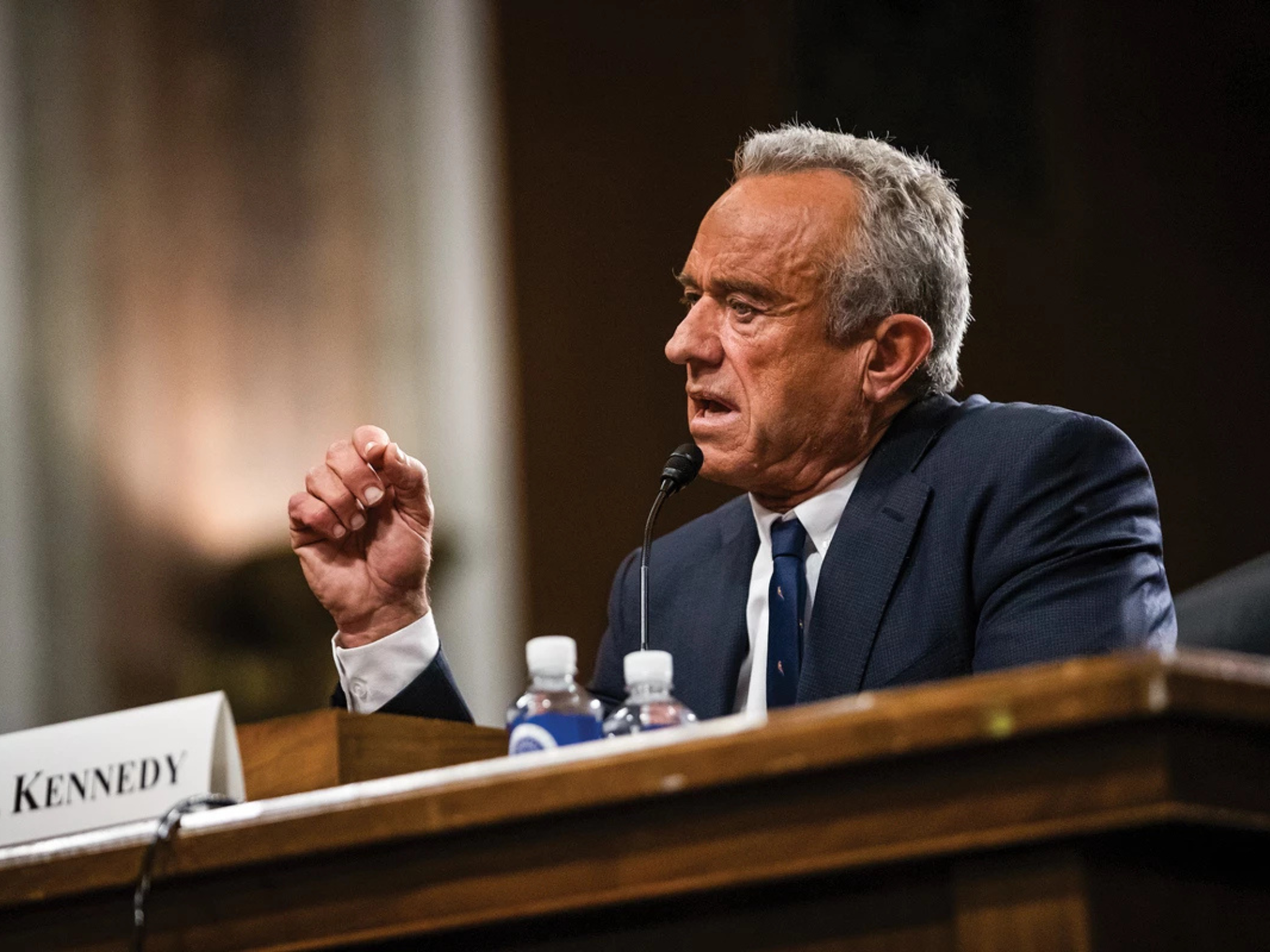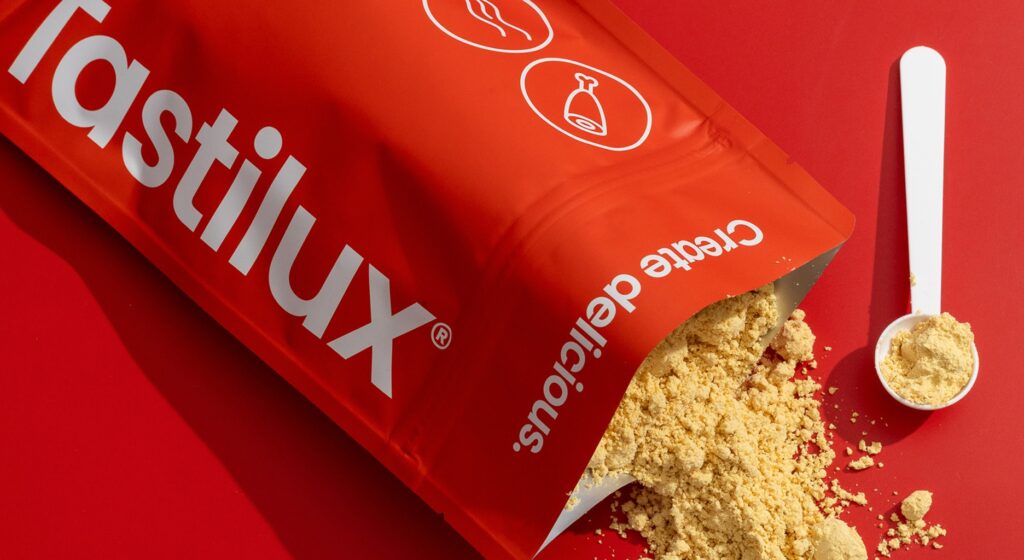
The US Food and Drug Administration has added a proposed rule to its spring 2026 agenda that would eliminate the current provision of companies self-affirming their ingredients as safe.
Following through on health secretary Robert F Kennedy Jr’s directive in March, the US Food and Drug Administration (FDA) has proposed a new rule that could throw the food tech world into chaos.
The regulatory body has suggested an amendment to the Generally Recognized as Safe (GRAS) rule in its Unified Agenda for spring 2026. The agenda outlines the regulatory and deregulatory actions planned by federal agencies within the next year.
The proposal would force companies to submit GRAS notices for food ingredients for FDA review, eliminating the self-affirmation process that many companies currently use to enter the market. The latter pathway allows manufacturers to independently determine their ingredients as safe for use, which RFK Jr has called the provision a “loophole”.
He pledged to revise the GRAS rule to “provide transparency to consumers, help get our nation’s food supply back on track by ensuring that ingredients being introduced into foods are safe, and ultimately Make America Healthy Again”.
The move will have major repercussions for the food tech world, but may face challenges in Congress and in court.
What is the self-affirmed GRAS rule?

The GRAS rule was created by Congress in 1958, with the self-affirmation provision introduced in 1972. This pathway doesn’t legally require FDA review – instead, companies only need to conduct a safety assessment by a scientific panel, which can include both internal and external experts.
Since producers choosing this pathway don’t need to notify the FDA or disclose the information publicly, they can maintain confidentiality around proprietary information and trade secrets. It’s also a cheaper, easier, and faster way to get to market – the FDA only evaluates around 75 GRAS notices a year, and the mean time for each approval is over 160 days.
Critics, including Kennedy, argue that this allows food companies to make their own safety assessments independently of the FDA.
“For far too long, ingredient manufacturers and sponsors have exploited a loophole that has allowed new ingredients and chemicals, often with unknown safety data, to be introduced into the US food supply without notification to the FDA or the public,” the health secretary said earlier this year.
This is why many producers choose to go through the full GRAS notification process. “Over the years, we’ve already had the chance to work with some of these companies and see the extremely rigorous and lengthy internal evaluation processes they have in place – and you want to make their lives as easy as possible if you want to make it onto their approved suppliers lists,” Simo Ellilä, CEO of Enifer, told Green Queen this week, after securing self-affirmed GRAS status for its mycoprotein ingredient.
GRAS notification is much more rigorous and requires the submission of a host of comments, including both positive and negative reviews and studies of a company’s ingredients. If approved, the FDA sends a ‘no questions’ letter, deeming the ingredient safe for sale – this is seen as a more transparent process with publicly available data and breeds both market and consumer confidence.
What is the FDA’s proposed rule?

Under the proposed rule, companies would be required to submit GRAS notices and await FDA approval before they can sell novel ingredients in the US.
It would spell out the process under which the agency would determine a substance to not be GRAS, and clarify that the FDA maintains and updates its publicly available GRAS notice inventory.
Crucially, it would not affect ingredients that are already determined as GRAS. “Food substances that are listed or affirmed as GRAS for the intended use by regulation, or for which [the] FDA has already issued a ‘no questions letter’ on its GRAS notice inventory, would be exempted,” the proposal reads.
This would be a major sigh of relief for food tech startups, many of whom have been selling their innovations after following the self-affirmed GRAS pathway. These companies may choose to begin the GRAS notification process anyway, to clear away all doubts with clients and customers.
How will this affect food tech companies?

The move carries a host of implications. When RFK Jr first floated the idea, the Department of Health and Human Services said it would “explore ways legislation can completely close the GRAS loophole”. This is because the FDA does not have the statutory authority to make GRAS notifications mandatory, so if it goes ahead with the rule, this could invite legal challenges and concerns in Congress.
On a business level, fermentation firms will be the hardest hit, as they rely on the self-determination rule most in the alternative protein sector.
If approved, the rule will likely send food producers into a scramble to self-affirm their ingredients as safe before it comes into effect, since they won’t be subject to a mandatory notification. But any new ingredients not determined as GRAS by this time would face much lengthier approval timelines, so we could see a sizeable gap in future food products entering the market.
“If there is a significant increase in GRAS notifications submitted to the FDA by mandate, without increasing funding and resources, review timelines will likely suffer,” Tony Pavel, a partner at Keller and Heckman LLP and an executive board member of the Precision Fermentation Alliance, told Green Queen in March.
“Currently, manufacturers may assess certain manufacturing changes or improvements without necessitating a filing with the FDA. If this flexibility is lost, there will potentially be significant additional burdens on the industry, as it iterates products through continuous improvement processes.”
The post FDA Proposes Rule to End ‘Self-Affirmed’ GRAS Rule in 2026 appeared first on Green Queen.
This post was originally published on Green Queen.